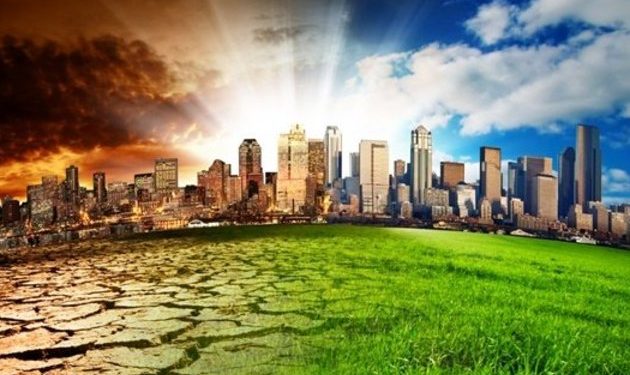- African nations want to source $25 billion over five years to support climate change adaption projects.
- While African countries contribute relatively little to climate change in terms of carbon emissions, they are likely to be the hardest hit.
- The continent loses between $7 billion and R15 billion annually due to climate change.
African nations aim to double funding for climate change adaptation projects to $25 billion (about R360 billion) over five years as they look to foster a green recovery from the economic damage wrought by the coronavirus pandemic.
The continent most vulnerable to environmental shifts has already secured $12.5 billion from the African Development Bank for a newly launched Africa Adaptation Acceleration Program and expects to secure the balance at the next two United Nations Climate Change Conferences, Patrick Verkooijen, chief executive officer of the Global Center on Adaptation, said in an interview.
Africa currently loses $7 billion to $15 billion a year due to climate change and that is likely to increase to as much as $50 billion or 3% of continent-wide gross domestic product annually by 2040 without investment in adaptation strategies, Verkooijen said. Africa last year had its first recession in a quarter century, according to the African Export-Import Bank.
“African leaders want to use the Covid-19 crisis as a reset moment for the current crisis and to prepare for the next one,” Verkooijen said. “We are still increasing carbon emissions to the atmosphere and the implications are exponential.”
While African countries contribute relatively little to climate change in terms of carbon emissions, they are likely to be the hardest hit due to a high reliance on rain-fed agriculture including crops and livestock. Rising temperatures and sea levels – as well as rainfall anomalies – heighten the frequency and intensity of natural disasters.
Climate change kills at least 1000 people a year in the sub-Saharan region and leaves another 13 million either injured, homeless, food insecure or without water and sanitation, according to the International Monetary Fund. Climate change and natural disasters also caused $520 million in direct economic damage in the region since 2000, the fund said.
The Africa Adaptation Acceleration Program, co-created by the AfDB and GCA, seeks to establish a centralized body through which African governments, multilateral and bilateral institutions and donors can channel funds to organised adaptation initiatives on the continent. Its aims include providing farmers with access to digital technologies to help them better deal with erratic weather and ensure food security, and mobilizing resources from international capital markets, Verkooijen said.
While $25 billion is not enough for adaptation, it is a “stepping stone to a much bigger number” and is bold and feasible, he said.






